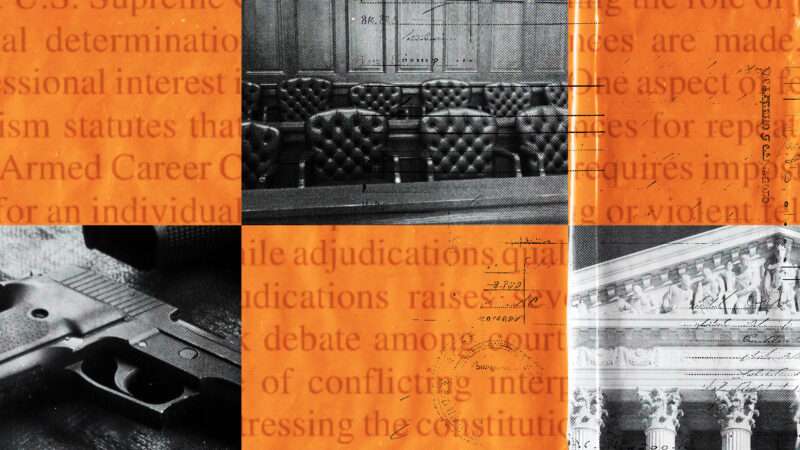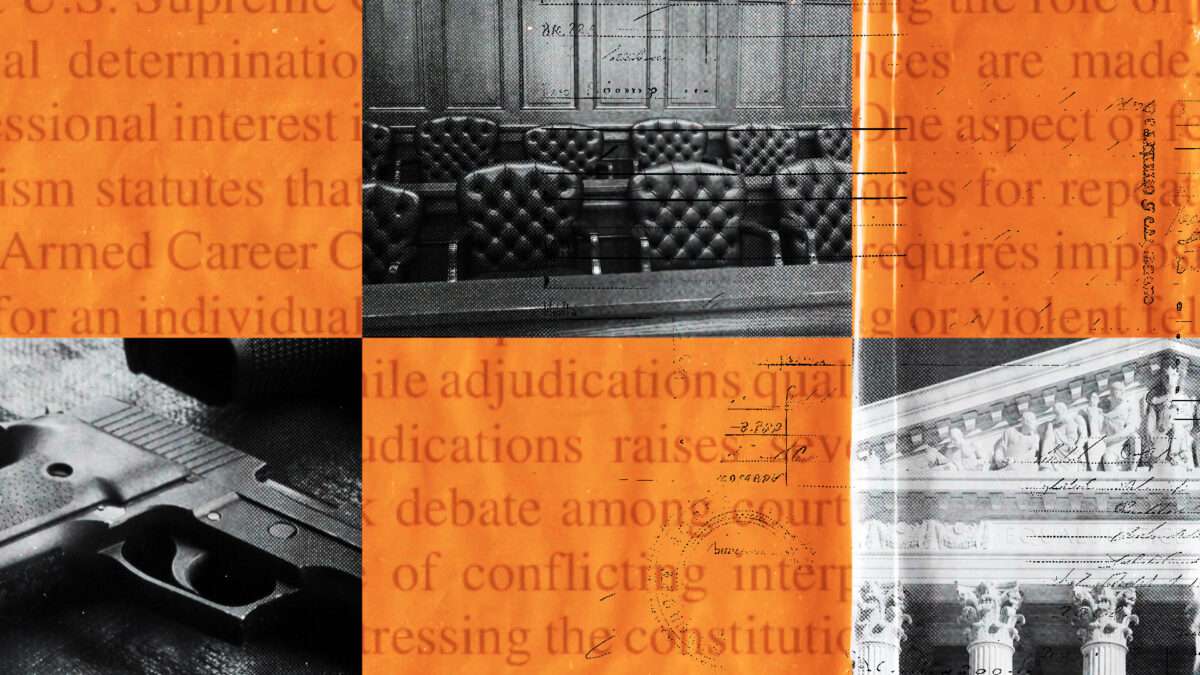Neil Gorsuch Highlights Aaron Swartz As An Example Of Overreach In Criminal Law
Well, here’s something unexpected. Apparently Supreme Court Justice Neil Gorsuch has a new book coming out this week called “Over Ruled: The Human Toll of Too Much Law.” And, one of the examples in the book is about the ridiculous criminal case against Aaron Swartz and his eventual tragic decision to take his own life while facing the possibility of decades in prison for the “crime” of downloading too many research papers while on a college campus that had an unlimited subscription to those research papers.
At the time, we wrote about the travesty of the case and the tragedy of how it all ended.
But it’s still somewhat surprising to find out that the case has been wedged in Gorsuch’s mind as an example of prosecutorial overreach and over-criminalization.
David French has an interview with Gorsuch about the book in the NY Times, and the Swartz case is the first example Gorsuch brings up:
French: This was an interesting element of the book to me and something that people who are not familiar with your jurisprudence might not know — it’s that you’ve long been a champion of the rights of criminal defendants. It struck me that some of the stories here in the book, of the way in which the complexity of criminal law has impacted people, are among the most potent in making the point. Is there a particular story about the abuse of criminal law that stands out to you as you’re reflecting back on the work?
Gorsuch: I would say Aaron Swartz’s story in the book might be one example. Here’s a young man, a young internet entrepreneur, who has a passion for public access to materials that he thinks should be in the public domain. And he downloads a bunch of old articles from JSTOR.
His lawyer says it included articles from the 1942 edition of the Journal of Botany. Now, he probably shouldn’t have done that, OK?
But JSTOR and he negotiated a solution, and they were happy. And state officials first brought criminal charges but then dropped them. Federal prosecutors nonetheless charged him with several felonies. And when he refused to plea bargain — they offered him four to six months in prison, and he didn’t think that was right — he wanted to go to trial.
What did they do?
They added a whole bunch of additional charges, which exposed him to decades in federal prison. And faced with that, he lost his money, all of his money, paying for lawyers’ fees, as everybody does when they encounter our legal system. And ultimately, he killed himself shortly before trial. And that’s part of what our system has become, that when we now have, I believe, if I remember correctly from the book, more people now serving life sentences in our prison system than we had serving any prison sentence in 1970. And today — one more little item I point out — one out of 47 Americans is subject to some form of correctional supervision (as of 2020).
I disagree with Gorsuch on many, many things. On the two big internet cases from this last term, Gorsuch joined the Lalaland takes of Justices Alito and Thomas (in both the Moody and the Murthy case Gorsuch was a third vote besides Alito and Thomas towards nonsense). So, it seems a bit shocking for Gorsuch to be somewhat on the side of Swartz, who would have eviscerated Gorsuch’s position in both of those cases.
Of course, Gorsuch is also wrong that Swartz “probably shouldn’t have done that.” MIT had a site license that enabled anyone on campus to download as many articles from JSTOR as they wanted. It didn’t say “unless you download too many.”
But, at least he recognizes how ridiculous the criminal lawsuit that Swartz faced a dozen years ago is. For well over a decade, we’ve been highlighting how dangerous the CFAA is as a law. It is so easily abused by prosecutors that it’s been dubbed “the law that sticks.” It sticks because when there is no real criminal prosecution under other laws, prosecutors will often cook up a CFAA violation, as they did with Aaron. And it remains ridiculous that, to this day, nothing has ever been done to prevent another Aaron Swartz-type scenario from happening again.
Perhaps, with Gorsuch bringing it up again in his book and in this interview, it can renew some of the interest that showed up in the months following Aaron’s untimely death to make real changes to the laws that caused it. Having a Justice like Gorsuch calling out the terrible and ridiculous situation the CFAA caused seems like a good reason for Congress to revisit that law, rather than cooking up new nonsense like KOSA.


